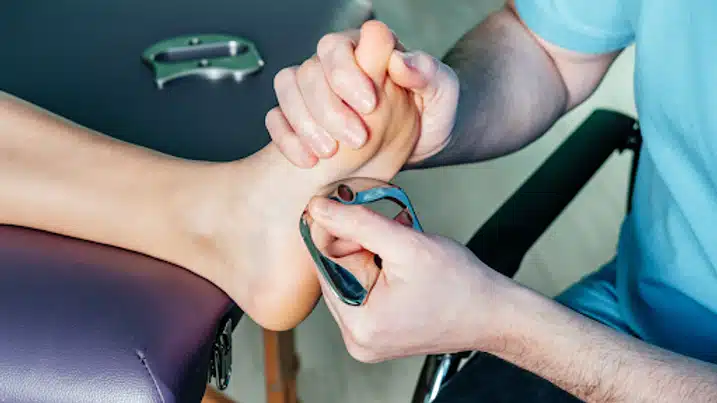Many factors contribute to the longevity of a joint replacement. Biomaterials have played a significant role in diminishing the wear rates, and technology is constantly improving. Many companies are now advertising the superior longevity of their implants, some up to 30 years. The reality is that there are competing materials from many different manufacturers with great clinical success that rival one another. Many studies are reporting 90% survivorship of implants 20 years after surgery. It is anticipated that with today’s technology, this number will be even higher 20 years from now.
The one variable that is most critical to the success of a joint replacement is the surgeon. It is up to the surgeon and his or her expertise to give the implant the best chance of maximizing its longevity. Performing the surgery precisely is much more important than the type of metal, ceramic, or plastic in the implant. Developing a trusting relationship with your surgeon is paramount to ensuring that you are receiving the necessary attention to precision and care.
We encourage empowering our patients with the knowledge to understand these established and emerging technologies. We always invite those interested in a consultation to meet us and discuss these one-on-one.








